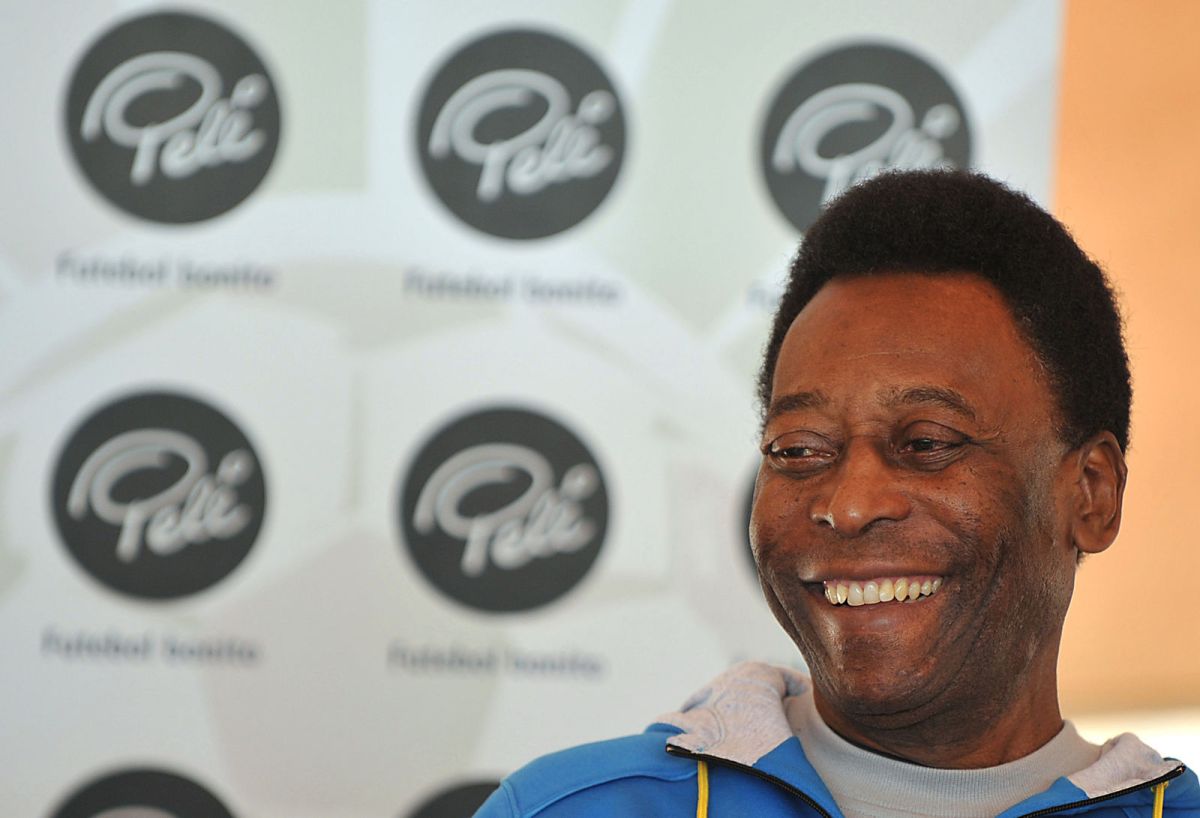Pelé: A sports documentary that interrogates its subject

In the world of football and wider popular culture, Pelé is an elusive figure. Regarded by many as the greatest football player of all time, he is a national hero in Brazil, was among the first truly globally successful black players, and is even credited with popularising the phrase “the Beautiful Game”.
Netflix documentary Pelé sets out to investigate the legacy of this footballing legend. In addition to archive footage from the peak of his career, the filmmakers interviewed Pelé as well as a host of his peers, journalists and other significant figures from the period.
When dealing with such a towering personality, especially when they are directly involved in the project, there might be a tendency to gloss over some aspects of the past and focus on his unprecedented sporting achievements. The great success of this documentary is that the filmmakers resist this temptation by properly investigating their subject.
At the height of Pelé’s success in the 1960s, the Brazilian Armed Forces launched an American-backed coup against the civilian administration of João Goulart, beginning a period of authoritarian military dictatorship that lasted over two decades. In the documentary, Pelé is explicitly questioned about his knowledge of torture and extrajudicial killings by the regime and even responds that he was aware at the time.
Pelé never endorsed the dictatorship in any sense and repeats his claim to be uninterested in politics in the documentary but his immense public profile left many frustrated that he did not speak out. Former Brazilian teammate Caju makes this explicit in the film, describing Pelé’s behaviour as “that of a black man who says ‘yes sir’, a submissive black man“.
Throughout the period of the dictatorship, the unprecedented success of the Brazilian team became incredibly important to the regime. After their third World Cup victory in 1970, President Médici was prominently pictured alongside Pelé and the rest of the national team while holding the Jules Rimet Trophy.
Though none of this should detract from his incredible talent on the field, it adds a degree of depth to the documentary that the filmmakers were willing to explore this aspect of Pelé’s life.
The rest of the film is relatively familiar territory for a biographical documentary. The story is told linearly from his childhood in Brazil through his early success and to the height of his fame. At each stage there are interviews with those who knew him and some great footage of his best moments on the pitch.
Given the similar subject matter, it is difficult not to draw comparisons with Asif Kapadia’s Diego Maradona from 2019. That film utilises footage of Maradona playing much more effectively and presents a more refined vision of its subject than Pelé; although this might be an unfair comparison given there is far more footage available from the Maradona era.
Pelé is an engaging film about a magnificent footballer and a flawed character. In spite of its generally celebratory tone, it doesn’t ignore the controversial aspects of Pelé’s legacy. For any fan of the Beautiful Game, it is worth the watch.
3.5/5.







